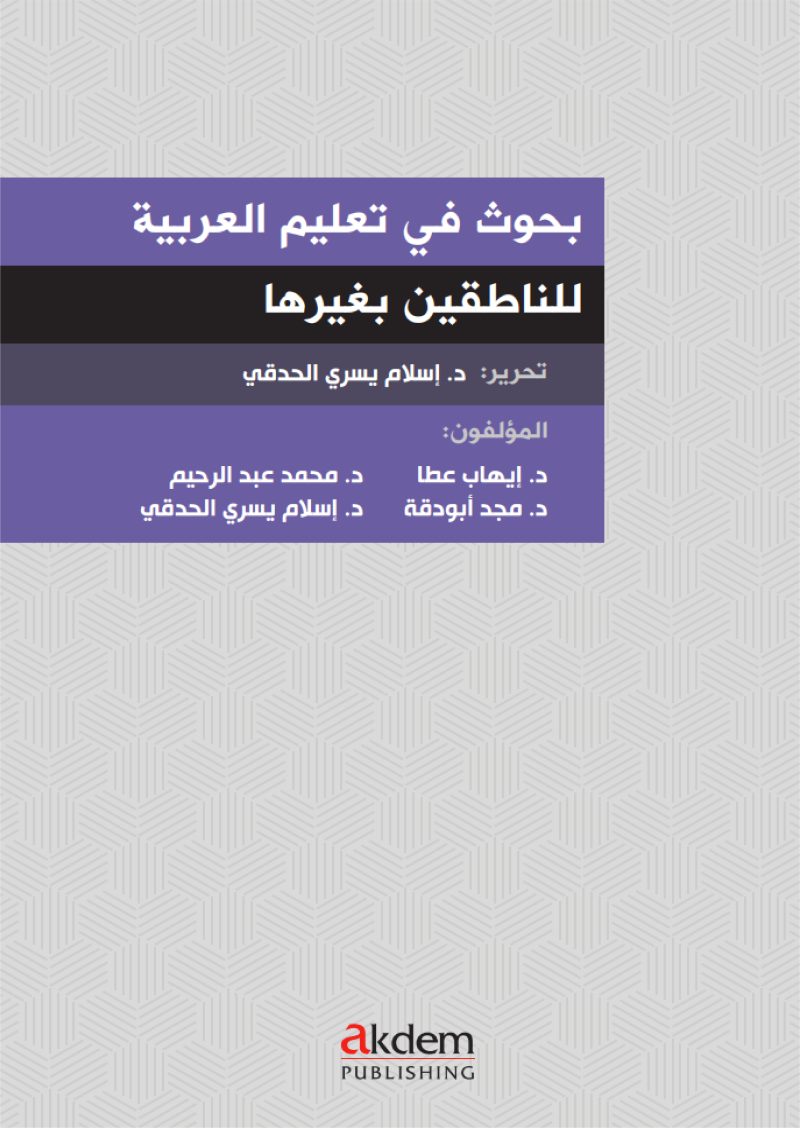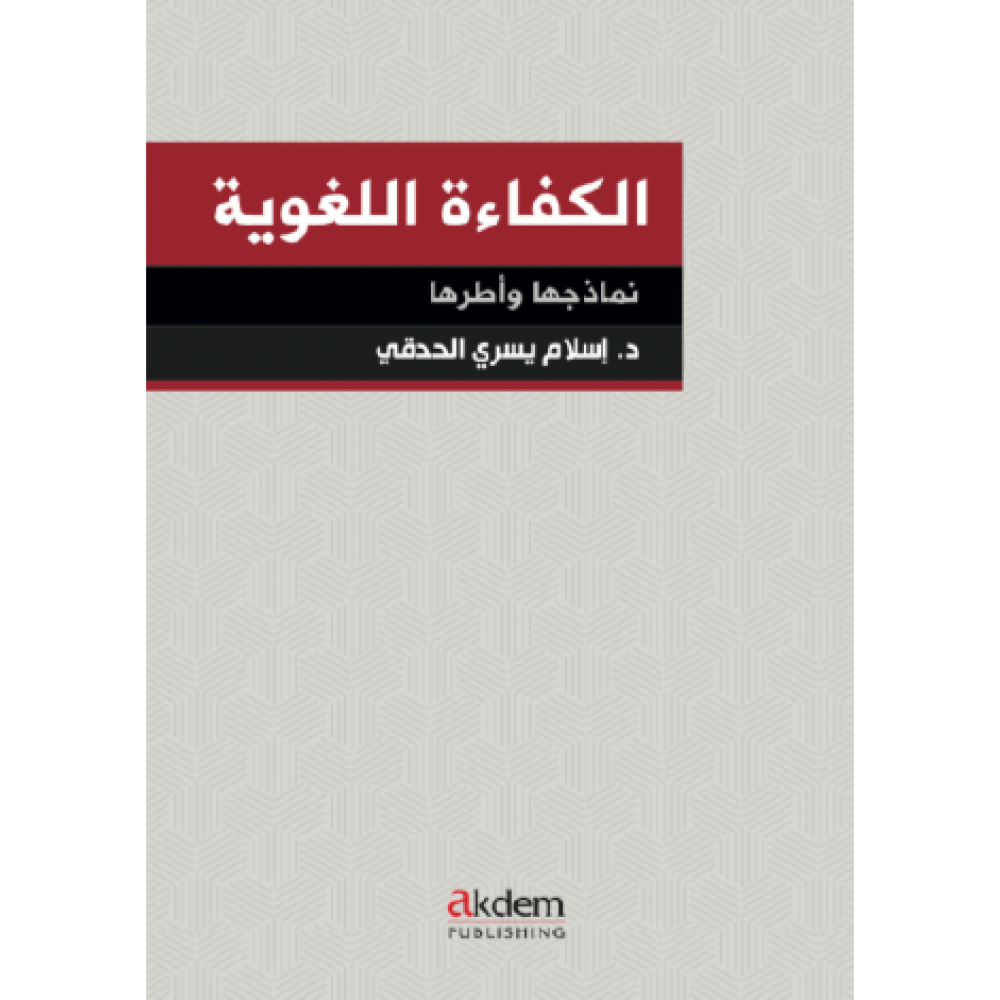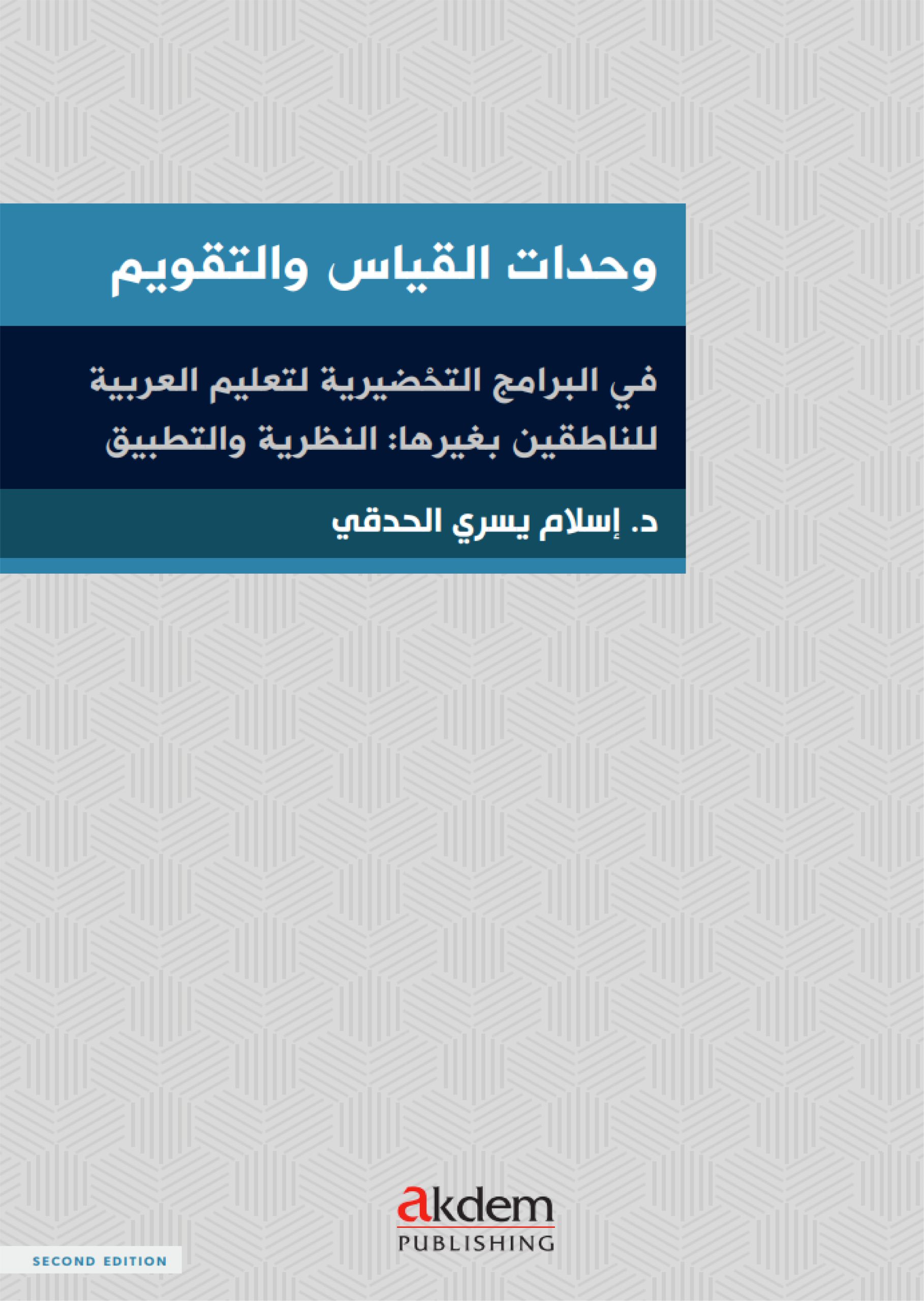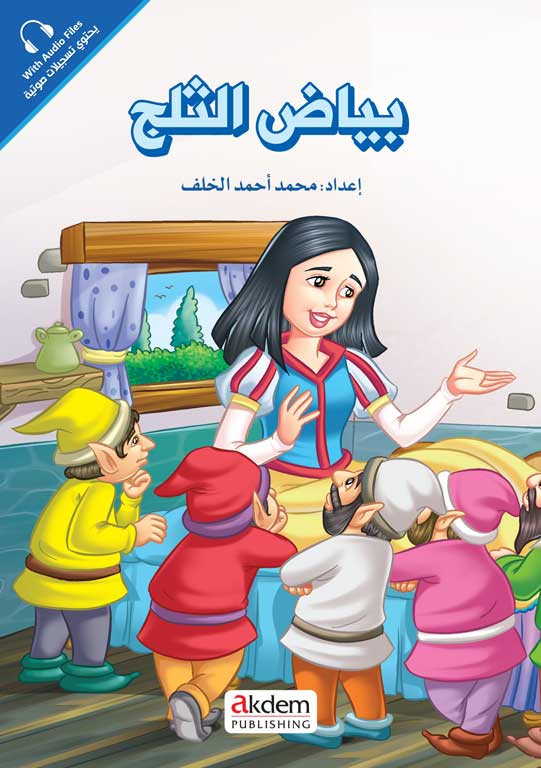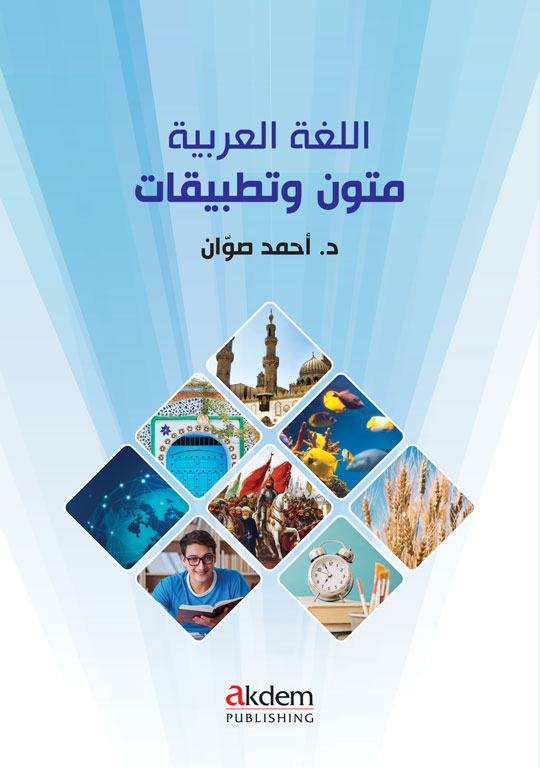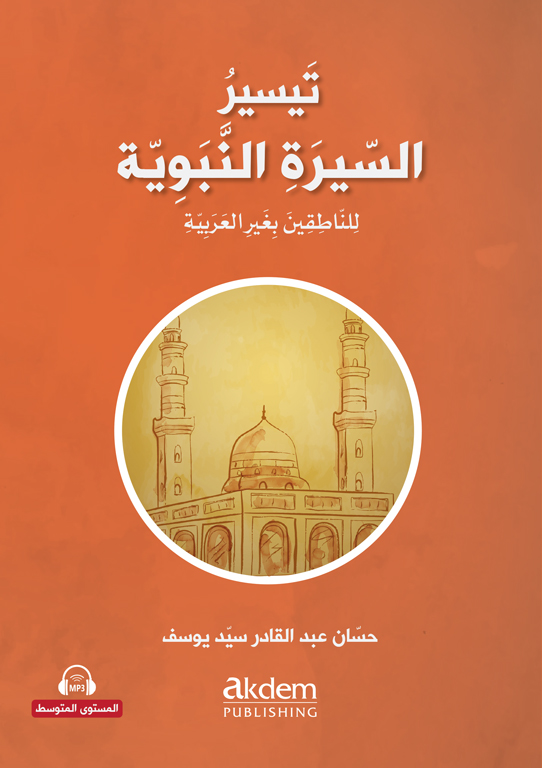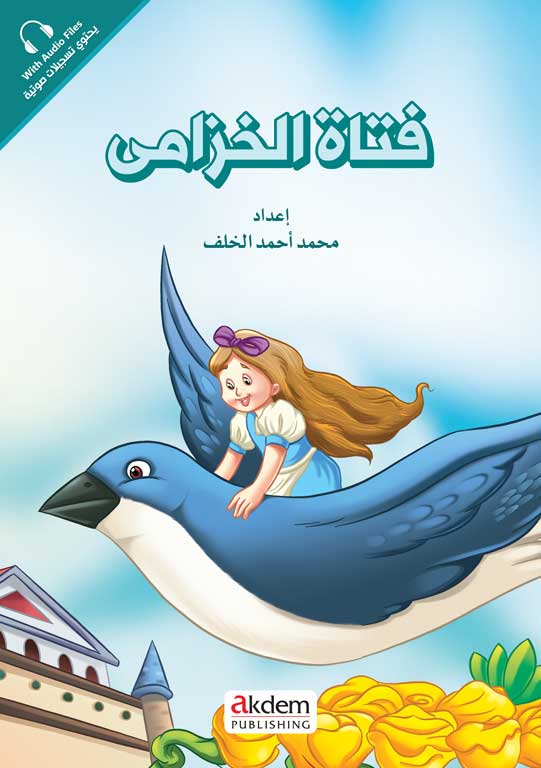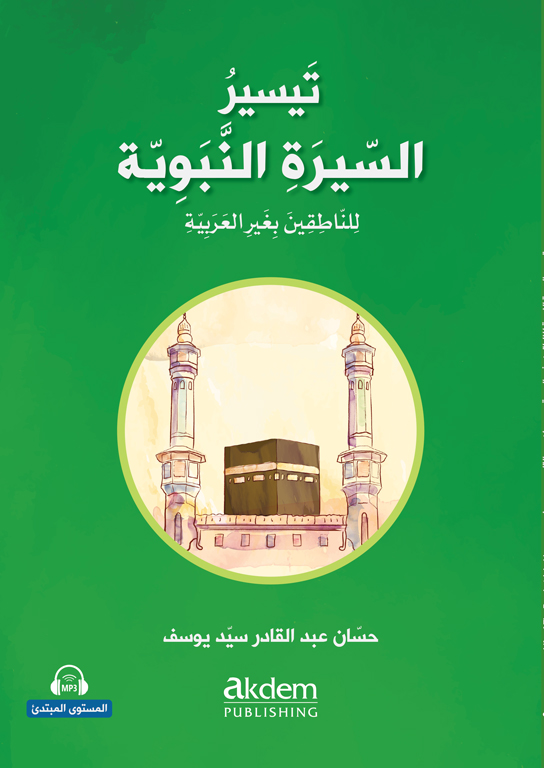This book brings together four studies that reflect important and current developments in the field of Arabic language learning.
The first study examines the process of creating content units in Arabic preparatory programs. It emphasizes that content units should be clear, comprehensible, and engaging in order to effectively develop students’ language skills.
The second study investigates the attitudes of students in regions affected by the February 2023 earthquake in eastern Turkey toward online education and the challenges they faced during this process. It also highlights that online education can be an important opportunity to expand access to education in such areas, provided that proper infrastructure and teaching materials are available.
The third study compares teaching methods for writing skills in different languages and demonstrates the importance of considering cultural differences when teaching writing.
The fourth study presents the guidelines for computer-based and online international examinations, showing that these guidelines are crucial for ensuring the reliability and validity of such exams.
Overall, this work serves as a valuable resource for researchers and teachers working in the field of Arabic language education.

